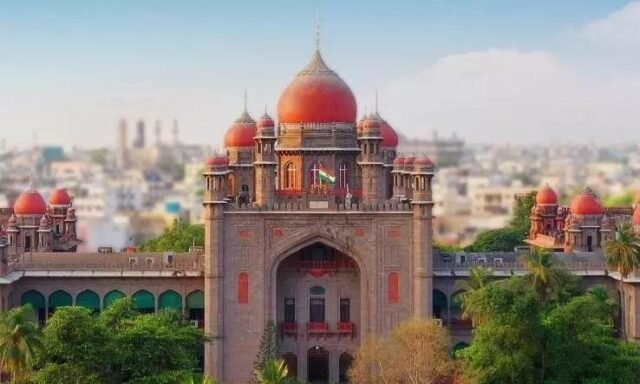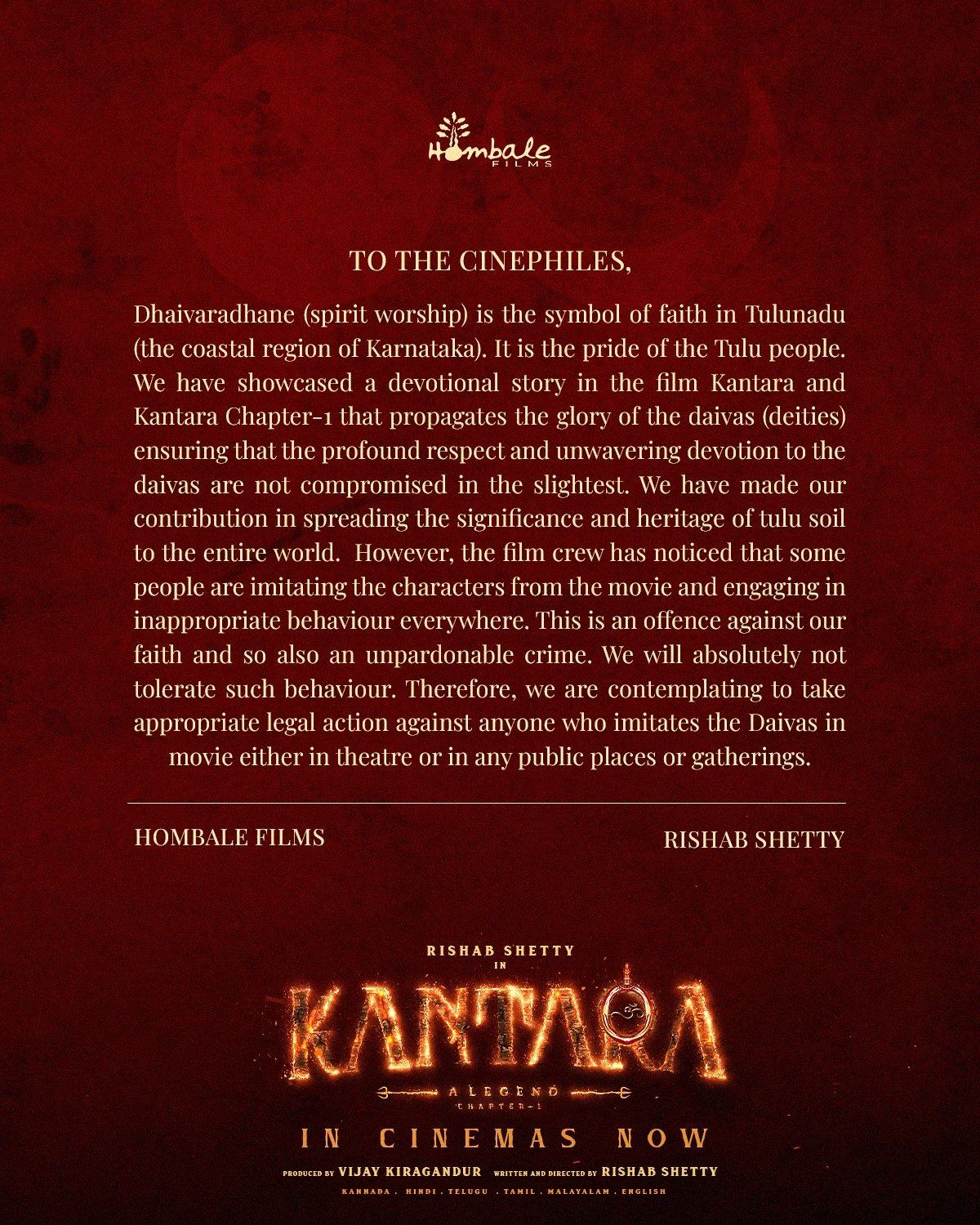Hyderabad: The Telangana High Court was not inclined to issue interim orders in a PIL challenging the state government’s decision to impose Telugu as the mandatory second language in all schools in Telangana state.
A division bench comprising Chief Justice Aparesh Kumar Singh and Justice G.M. Mohiuddin was of the view that there was no urgency to restrain the government, as counsel for the state government had submitted that the government was contemplating granting an exemption to students in Class 9 for the current academic year.
The bench pointed out that no student was named as a petitioner in the PIL. Apart from that, the court noted that a single bench of the High Court had already had issued interim orders in the writ petition filed by some students, restraining the respective institutions from insisting that these students attend Telugu classes.
The PIL was filed by Pramila Pathak of Hyderabad, questioning the implementation of the Telangana (Compulsory Teaching and Learning of Telugu in Schools) Act, 2018, and subsequent government orders issued in December 2024 mandating Telugu as a mandatory second language.
The bench recorded the submission of special government pleader Rahul Reddy that exemptions had been granted to students of Classes 9 and 10 for the academic year 2024-25, and to Class 10 students for 2025-26. He informed the court that the government was considering extending the same relaxation to Class 9 students for the current academic year.
The special government pleader further stated that the government orders were being implemented in about 80 per cent of schools across the state, including private and unaided institutions.
Appearing for the petitioner, advocate B. Vamshidhar Reddy argued that Telugu should be introduced gradually from Class 6 onwards to avoid academic hardship for students who have been studying other languages. Finding no immediate necessity for directions, the court adjourned the hearing for six weeks.
Telangana HC Dimisses Writ Petition Seeking Considering a Building in Hyderabad as a Heritage Structure
Hyderabad: The Telangana High Court has dismissed a writ petition filed seeking a direction to include a building in Begum Bazaar, Hyderabad — claimed to be the birthplace of former President of India Dr Zakir Hussain — in the list of protected monuments or heritage structures.
Justice Laxmi Narayana Alishetty was dealing with a petition filed by Ghanshyam Bhati, who complained that the Centre and the state government, the HMDA and the GHMC were not taking any steps to declare the premises at No. 15-6-214 to 220, Begum Bazaar, as a heritage building.
The petitioner contended that the building should be protected as Dr Hussain, who later became President, was born there and lived there for eight years. He submitted that newspapers had carried reports about the building’s heritage value, and that the MLA from Bahadurpura had also requested the authorities to declare the house a heritage site. The petitioner alleged that the owners of the building were planning to demolish it, citing its dilapidated condition, and that the authorities had failed to act on the representations.
The GHMC and the HMDA, in their counters, asserted that the petitioner was a tenant and not the owner, and therefore had no locus standi to seek such a declaration. They informed the court that the building, located behind Osmania General Hospital, was being used for commercial purposes and had no architectural, cultural, or historical features that warranted granting it heritage status. The authorities also pointed out that no government notification had been issued declaring the property as a heritage structure under the 1981 Zoning Regulations.
Referring to the statutory provisions, the judge observed that under the Ancient Monuments and Archaeological Sites and Remains Act, 1958, the Centre alone, either on its own or based on recommendations, could declare any monument or site as one of national importance. The Act did not provide any other mechanism to recognise individual buildings as heritage monuments, the court noted
The judge that the petitioner had failed to substantiate the claim of historical or architectural value and lacked the locus standi to file the petition.






